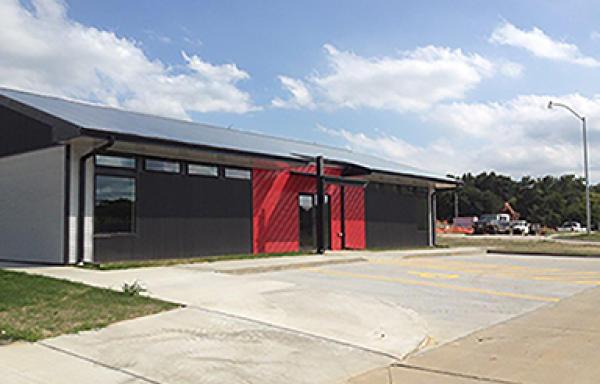When Columbia Gorge Community College (CGCC) decided to expand its distance learning opportunities in December of 2019, the project was considered ambitious. By March 2020, the project was essential.
The goal was simple at first. With the aid of a USDA Rural Development (USDA RD) Distance Learning and Telemedicine Grant (DLT), the college would increase access to its bi-state accelerated college credit programs, expanding access to rural students across Oregon and Washington. On paper, it was a no brainer. In a region defined by acres of flowering fruit orchards and multi-generational farms, rural high school students often had to choose between leaving their homes to pursue an education or staying put and supporting their family farms. Thought CGCC’s program, rural students were not only able to remain close to home during harvest season, they were also able to get a jumpstart on college credits, potentially saving thousands of dollars in the process.
Then the pandemic hit. What started as a good idea became a lifeline for students whose lives had been turned upside down.
In the face of equipment shortages, potential work stoppage, and general pandemic upheaval, CGCC forged ahead. They created two new high school partnerships through College Now and two new remote onramps to expanded distance learning opportunities at the college. CGCC also recognized that many of their most remote students lacked reliable internet and equipment. With funding from the DLT grant, the college provided 13 rural high schools distance learning AV equipment. Then to further address transportation barriers faced by remote students during the pandemic, CGCC also distributed laptop kits with the help of nine public libraries throughout Oregon and Washington.
Four years on, the results of the program speak for themselves. While initially projected to reach hundreds of students, the program has now helped over 8,000 rural students across six counties jumpstart their college careers and encourages students to use their new skills and knowledge to better their own communities in the process. Rural communities no longer have to risk losing bright young talent due to lack of access and local opportunities. Students no longer have to choose between the communities they love and their own future prospects.
CGCC expects the program to help thousands more over the coming years. No matter what the future brings, rural students across the Columbia Gorge will have brighter futures thanks to one college’s timely vision and a little help from USDA RD.

